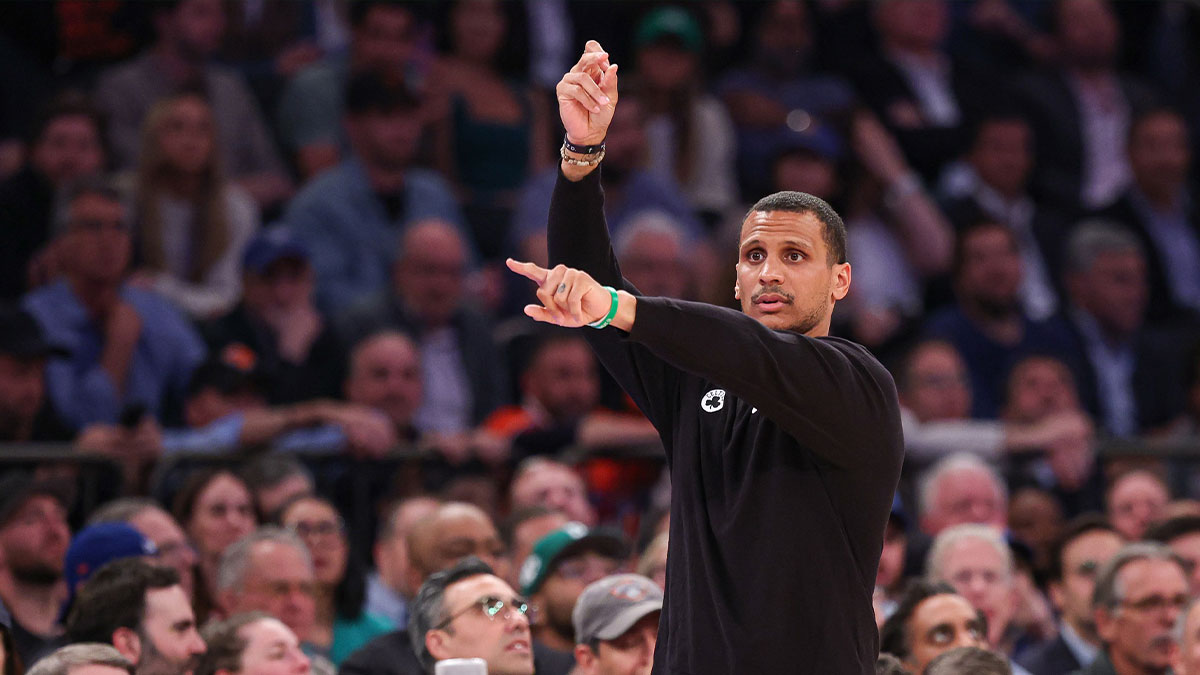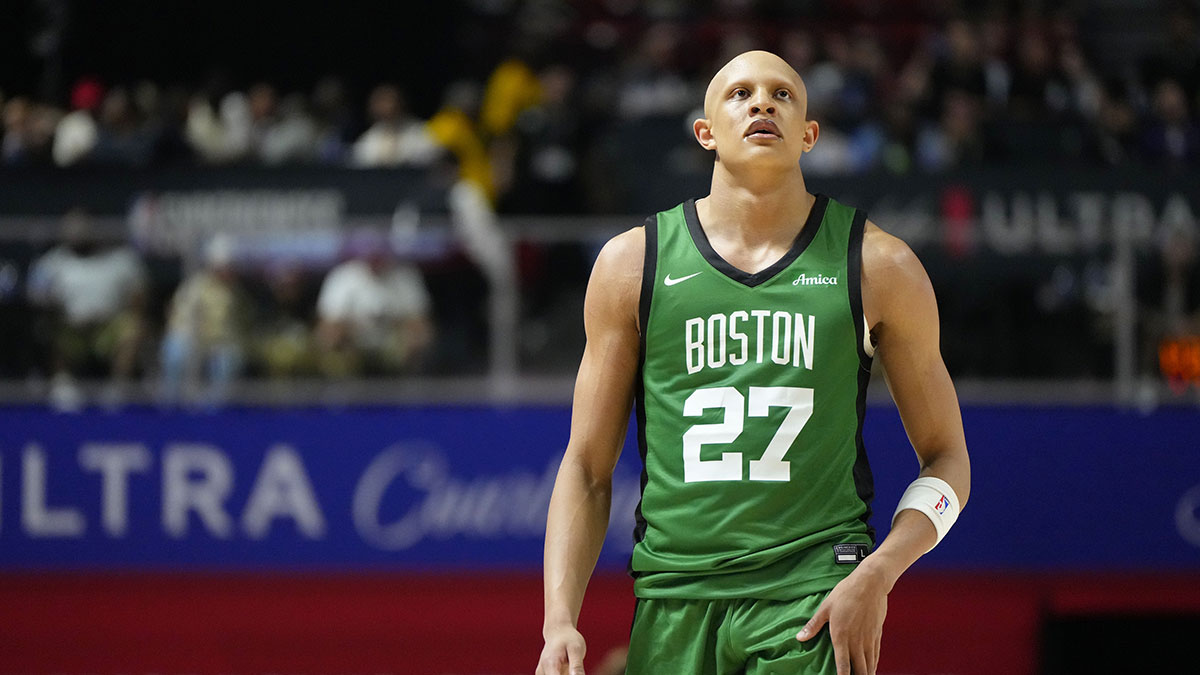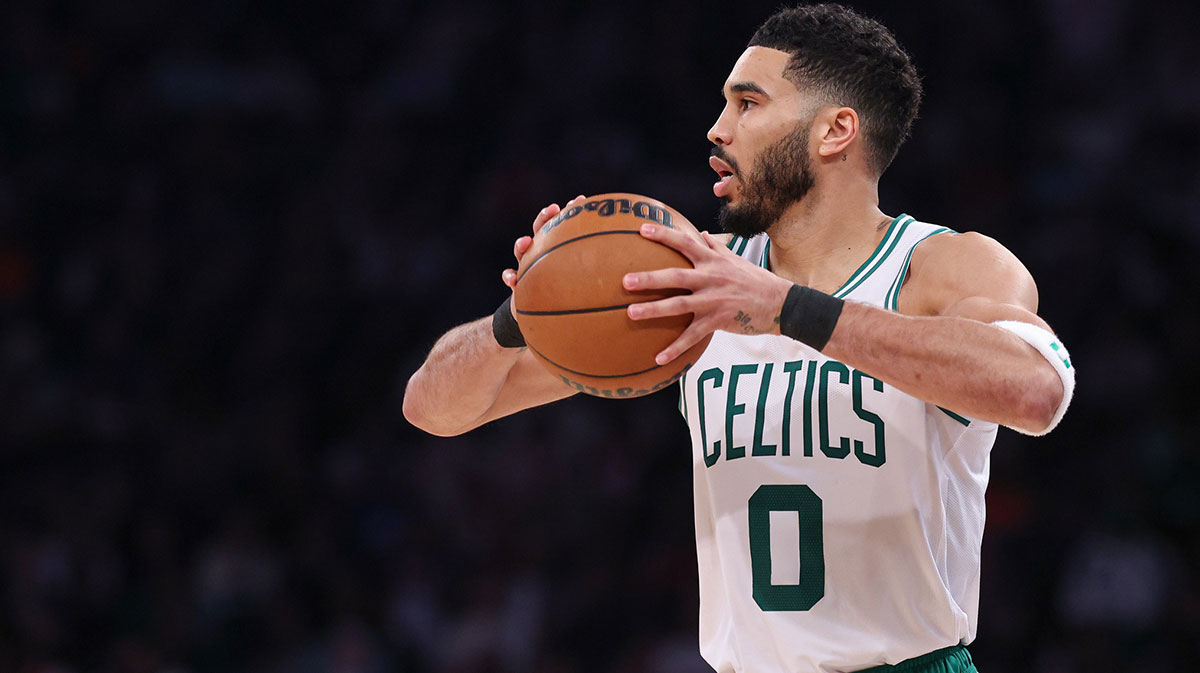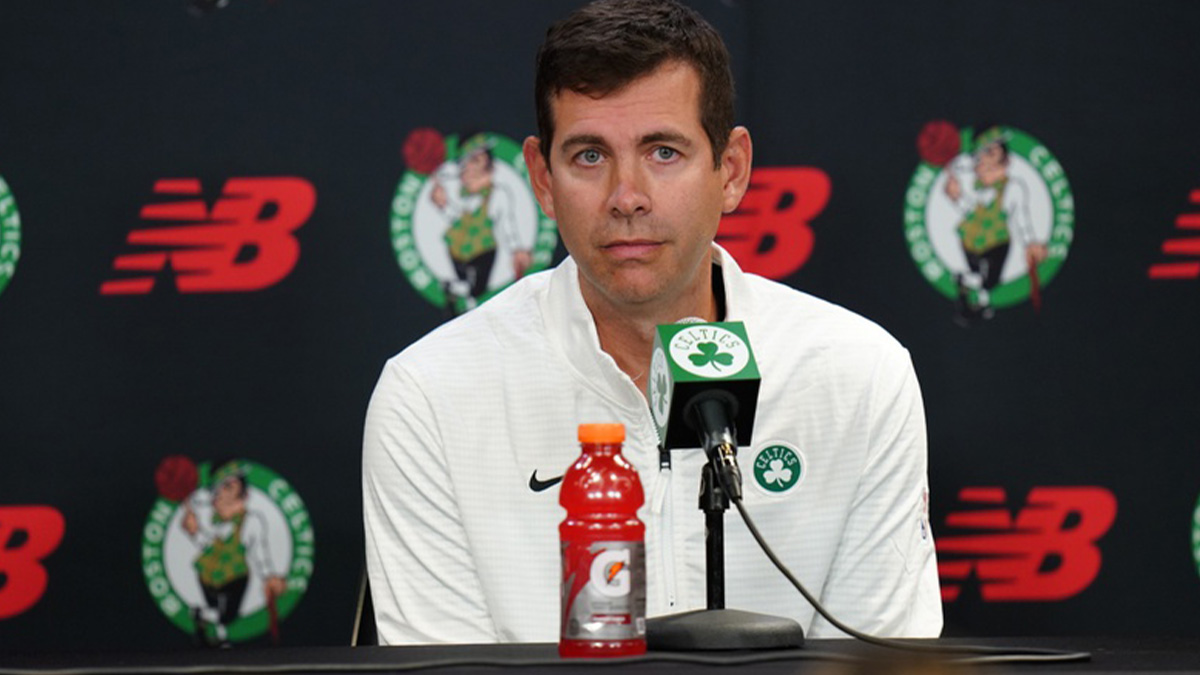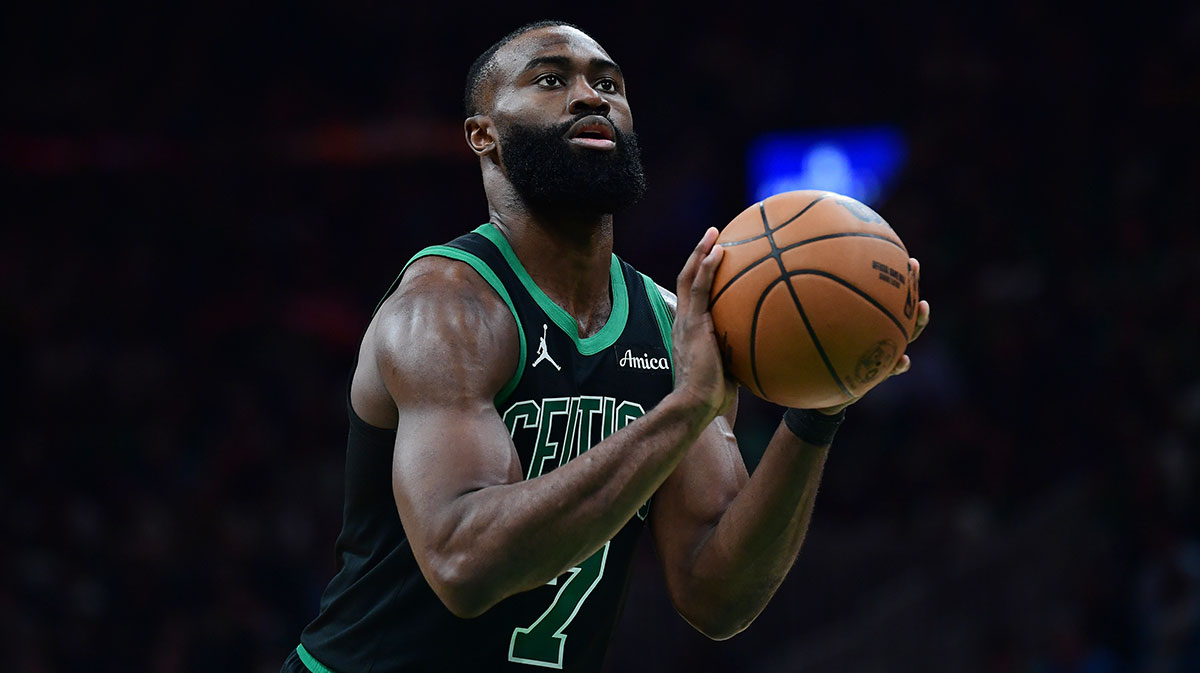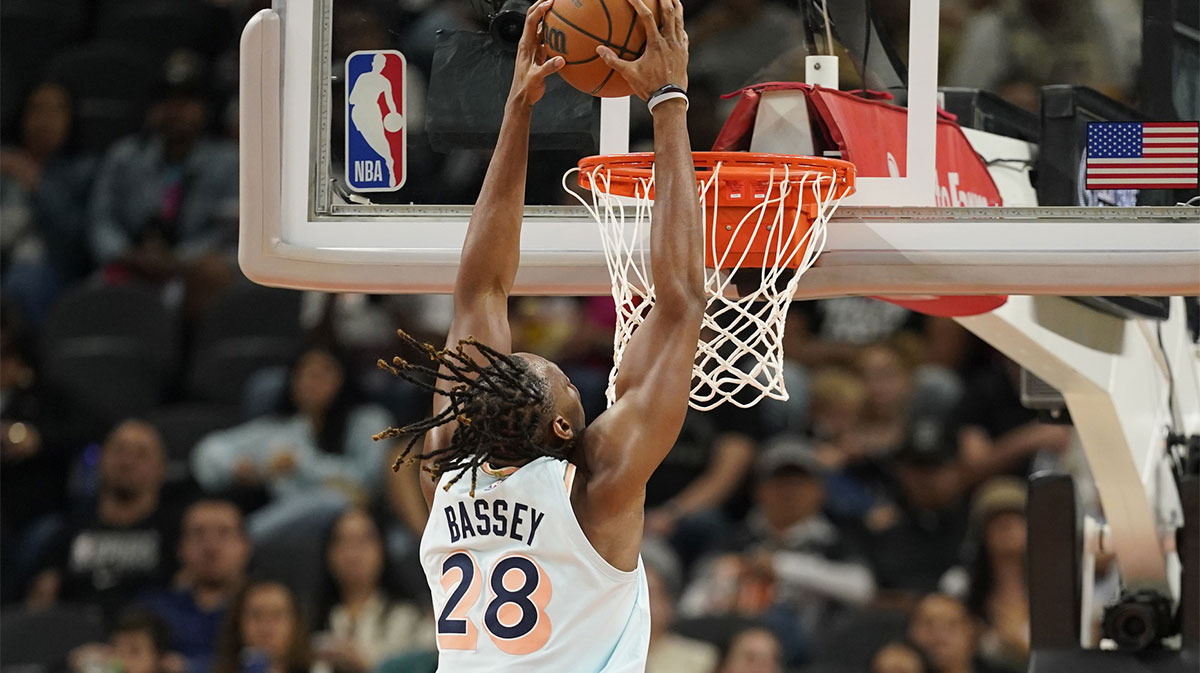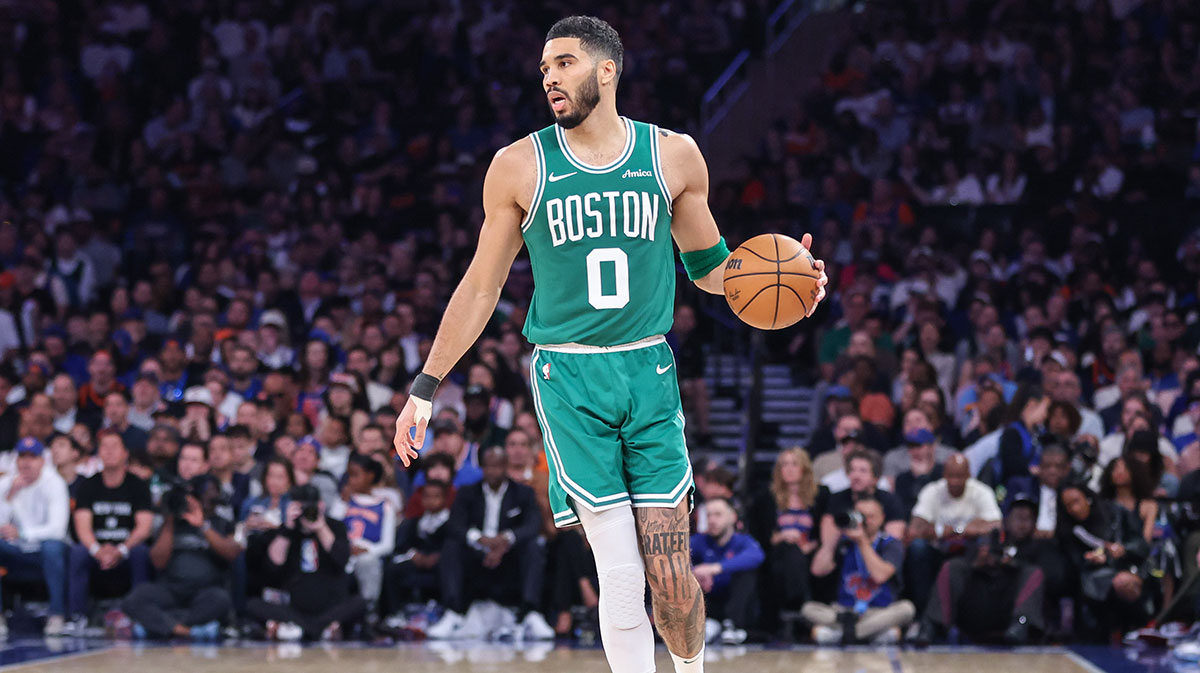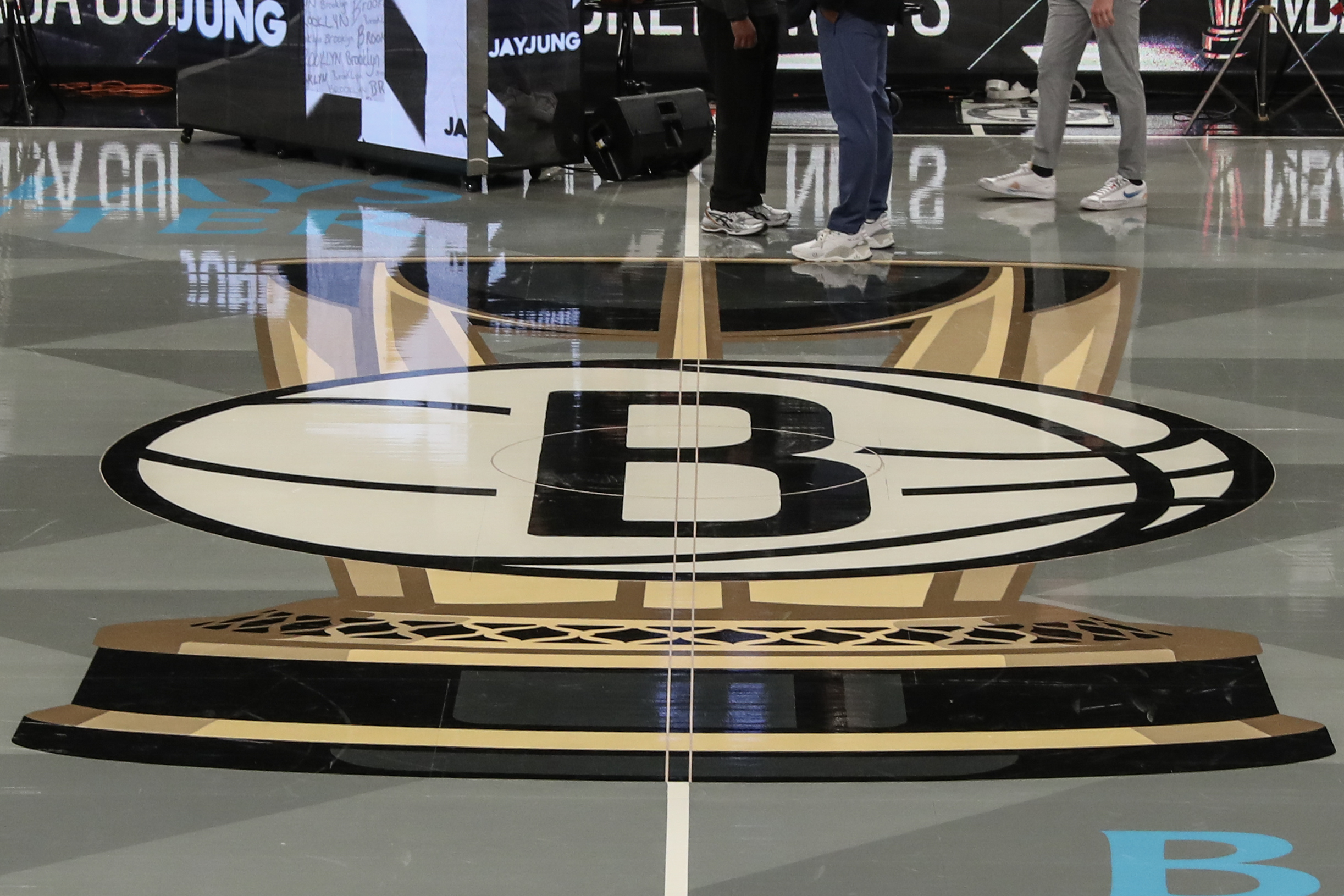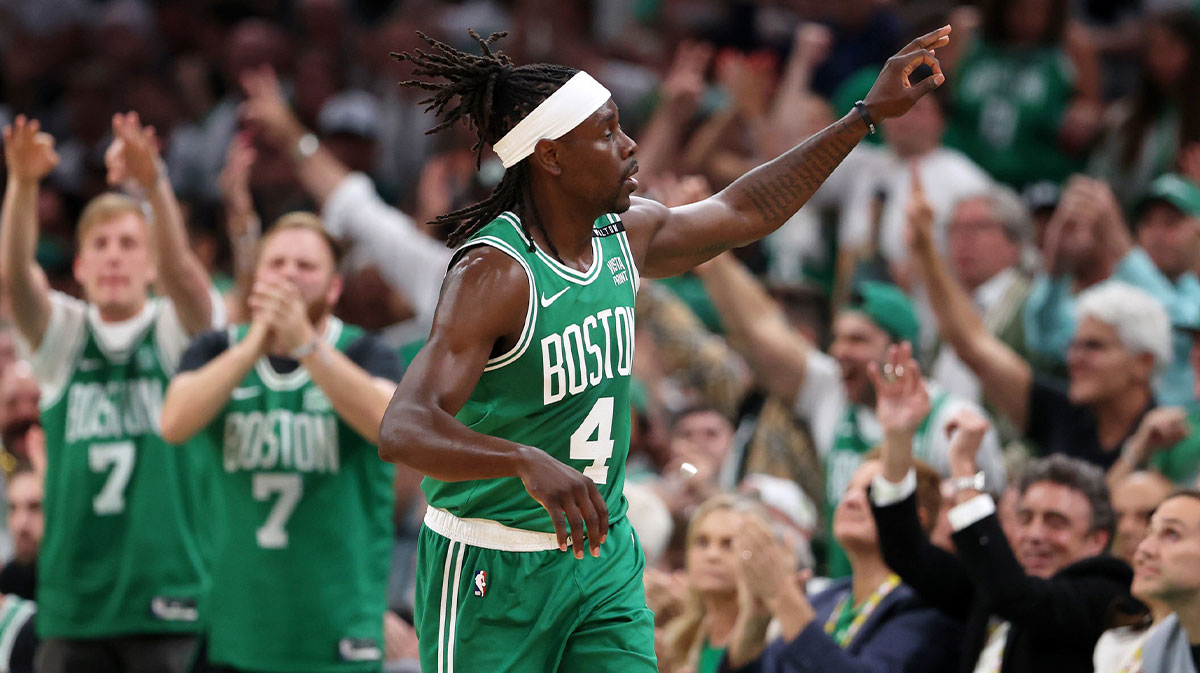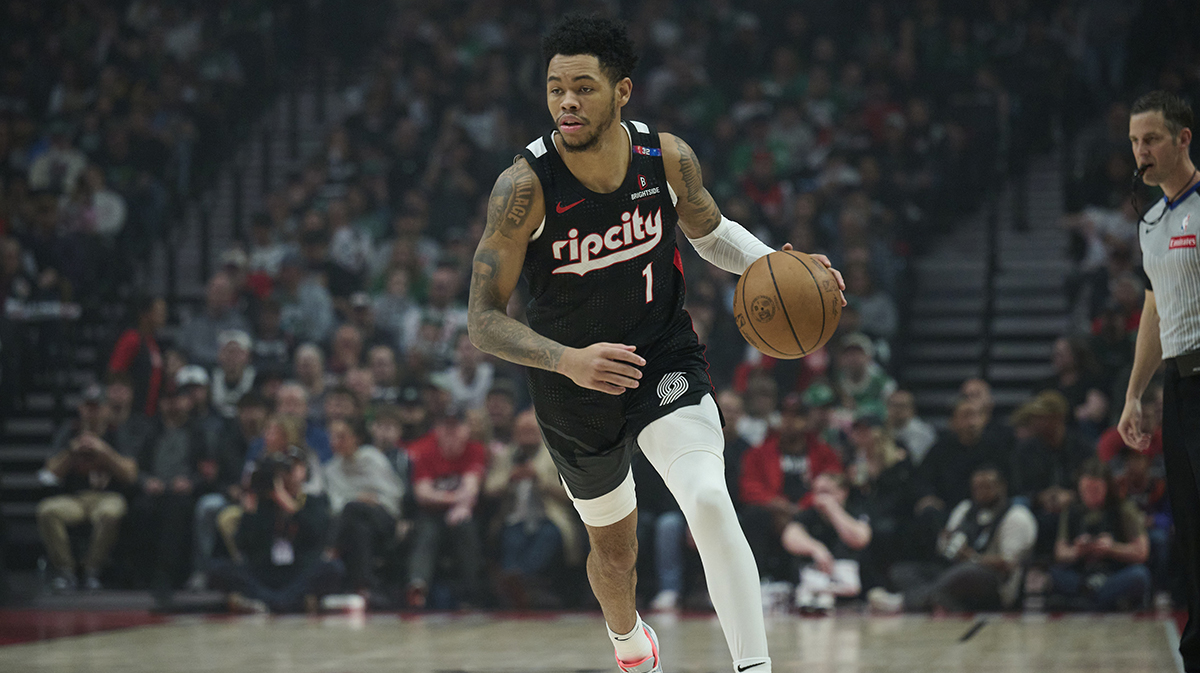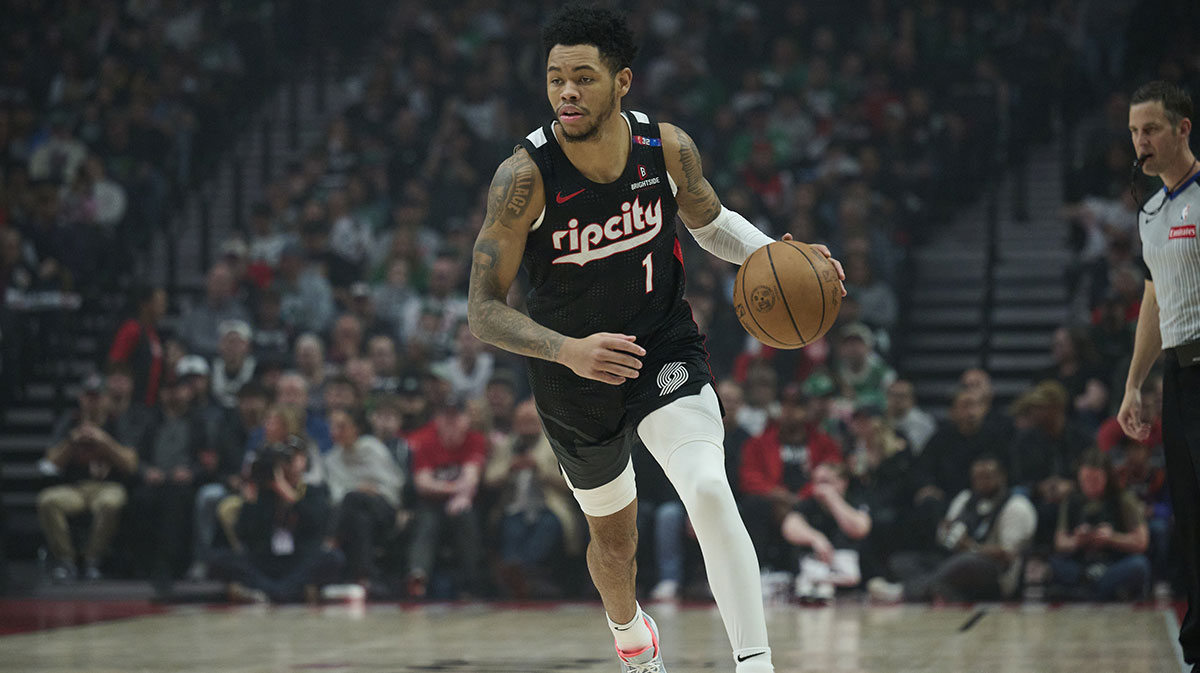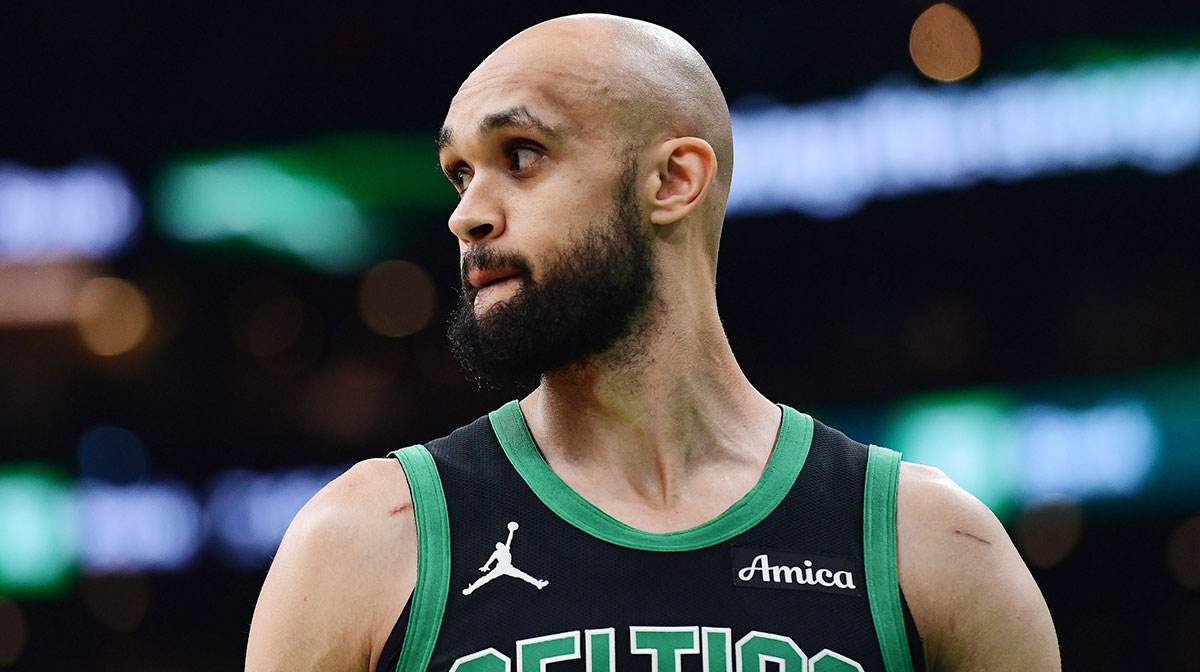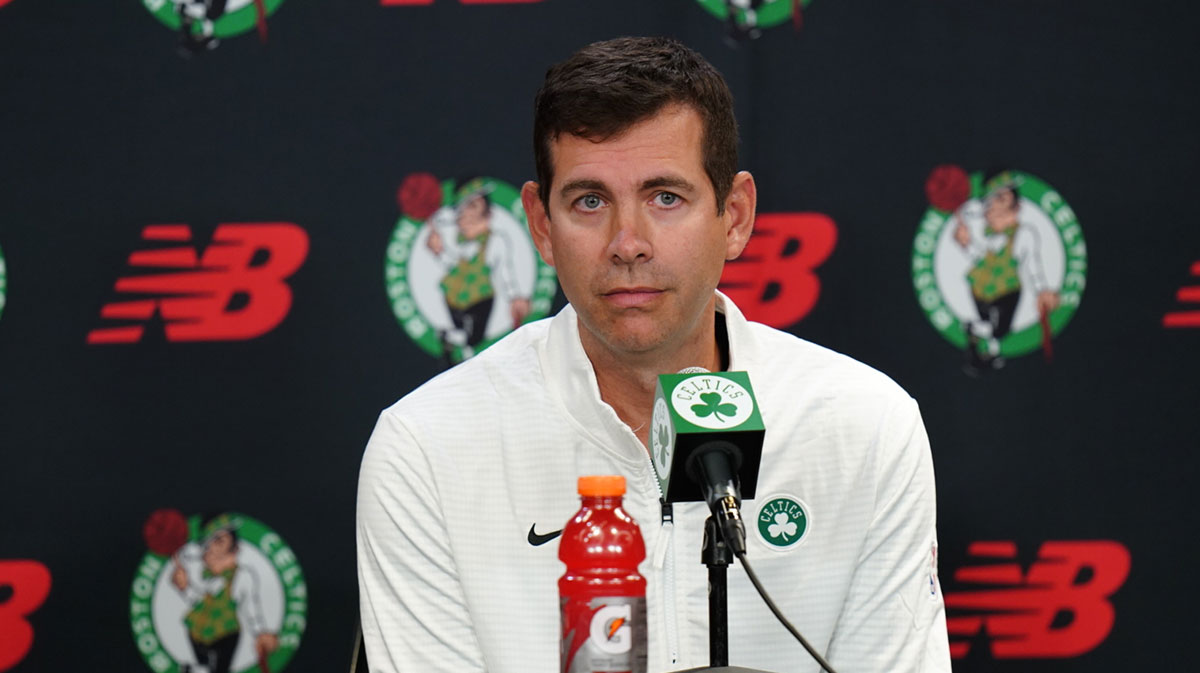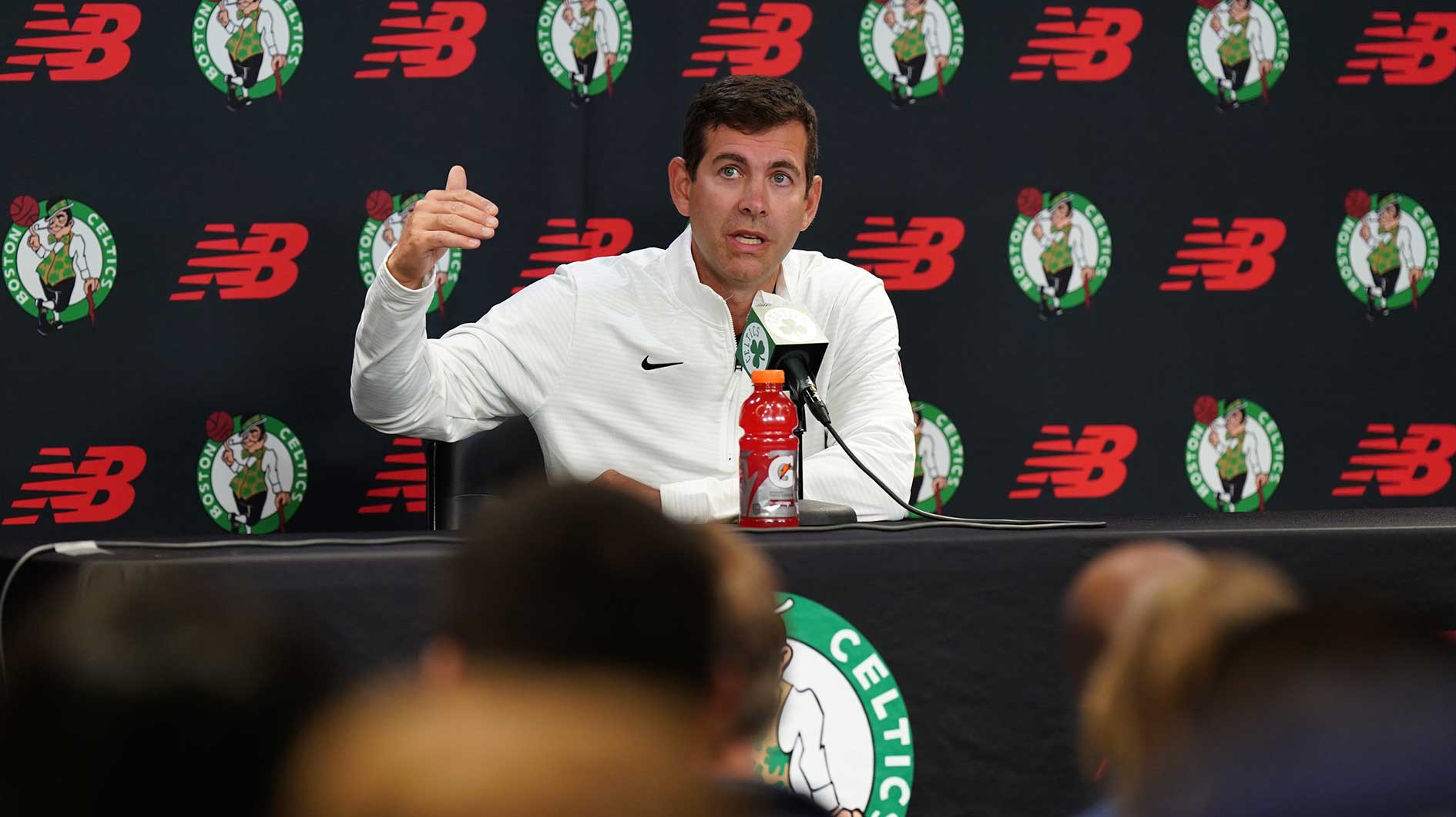During the 2013 NBA Draft (June 27, 2013), Brooklyn Nets general manager Billy King facilitated a blockbuster trade with the Boston Celtics. The deal sent Kevin Garnett, Paul Pierce, and Jason Terry to Brooklyn and Gerald Wallace, Kris Humphries, MarShon Brooks, Keith Bogans, and Kris Joseph to Boston. Upon checking Celtics news, the C'S also acquired Brooklyn's 2014, 2016, and 2018 first-round draft picks, as well as a first-round pick swap in 2017.
The Nets were coming off their first playoff appearance in six years and looking to capitalize on a core in its prime, that being Deron Williams, Joe Johnson, and Brook Lopez. Garnett and Pierce would start on the frontcourt, and Terry would come off the bench. “It's worth it.” “The Nets are the biggest threat to the Miami Heat in the Eastern Conference.” Those are a couple statements that were muttered throughout the offseason.
Well, the Nets ended up losing to the Heat in the second round of the 2014 playoffs in five games, they lost Pierce to the Washington Wizards in free agency, and Terry appeared in just 35 games. Oh, and they traded Garnett to the Minnesota Timberwolves the ensuing season.
The Nets surrendered an absurd draft haul to acquire a trio of players on the back nine of their respective careers for the sake of going all in for a season when they never posed an overwhelming threat to the top of the East in the first place. A year after this trade was made, it was evident that it was a mistake, and the Nets are mocked to this day for making the deal. But just when you think this deal can't get worse as the years go by, it somehow does: the picks the Nets gave the Celtics laid the foundation for Boston's current core.
Not every pick the Celtics made with Brooklyn's picks was a boom. For example, James Young, who they selected with the 17th pick in the 2014 draft, never manned a consistent rotation role and is currently out of the NBA. Outside of that, the Celtics nailed and have received utmost production from the draft selections they acquired from the Nets.
Jaylen Brown
The Celtics ended up with the third pick in the 2016 draft. To put this into perspective, they were drafting third after a 48-win season. President Danny Ainge selected California's Jaylen Brown.
Brown was a role player in his first three seasons with the Celtics. While he possessed the ability to be a reliable scorer, Brown was mostly utilized as a three-and-d player, a role he played well. Prior to this season Brown found success from a production standpoint as both a starter and reserve, averaging a combined 13.8 points per game in the 2017-18 and 2018-19 seasons.
This season he has come out of his shell.
Before the league hiatus, Brown was averaging a career-high 20.4 points and 6.4 rebounds per game while shooting 49.0 percent from the field (a career-high) and 38.1 percent from beyond the arc. Brown is no longer a role player: he has become a go-to scorer. He's blowing past defenders off the dribble, scoring at a high level, skying above the rim, playing inside and out, and is an integral source of offense for head coach Brad Stevens.
Meanwhile, he's a feisty on-ball defender. Brown's two-way play had some clamoring for him to be an All-Star. Perhaps it was Kyrie Irving's departure or a tweak in his role, nonetheless, Brown is tapping into his potential as being one of the best two-way wings in the NBA. He and third-year forward Jayson Tatum are a potent wing duo.
Wait for it… Tatum was part of the 2013 trade with the Nets, too!
Jayson Tatum
The Celtics exercised their right to swap first-round draft picks with the Nets in the 2017 draft. The Celtics won the NBA lottery with the Nets' pick. However, Ainge opted to trade back two spots with the Philadelphia 76ers, corralling the three pick and a 2018 first-round pick. He then selected Tatum with the three pick.
From the outset of his career, Tatum has been a force with the ball in his hands. He has played well in isolation and been able to stick outside jump shots at a considerable rate (Tatum is a career 39.9 percent shooter from beyond the arc). Tatum was the Celtics' go-to scorer in the 2018 playoffs, as Kyrie Irving (he's part of this fiasco too, stay tuned) was sidelined with a knee injury, and he impressed. Averaging 18.5 points per game and taking on teams' top scorers, the Duke product flashed greatness on both ends of the floor.
Stevens needed someone to step up offensively this season, as uncertainty reeked; Tatum has done as such, averaging a team-high 23.6 points per game. He has been an amplified version of the Jayson Tatum we saw across his first two seasons in the NBA. He also recently turned 22.
There are few frontline players on rookie deals who have flashed stardom more than Tatum, and it's scary to think that he's likely not done growing both physically and as a player.
Furthermore, the 76ers traded point guard Markelle Fultz, who they selected with the number-one pick in the 2017 draft, a year and a half into his NBA career, as he struggled to stay on the court and make a profound impact on the floor, when healthy.
Star point guard shuffling
The Celtics utilized the Nets' 2018 first rounder as part of a package used to acquire Kyrie Irving from the Cleveland Cavaliers. Of course, Irving's Celtics' tenure became a disaster, mostly due to his second season in Beantown. Whether it be him publicly criticizing his teammates, the Celtics underachieving in year two, or the mixed messages Irving sent about whether he wanted to re-sign with them, Boston was likely thrilled to move on from the point guard last offseason.
Superficially, they traded a couple veteran players and Collin Sexton, who the Cavs selected with the Nets' 2018 first-round draft pick, for a player who ended up leaving in free agency. On the other hand, Boston signed Kemba Walker to fill Irving's shoes.
Sure, maybe Walker was a bit of a step down from Irving from a talent standpoint, as Irving is a more efficient shooter and has more playoff experience under his belt. On the other hand, Walker was coming off averaging a career-high 25.6 points per game with the Charlotte Hornets and is a proven floor general; he has been that same player with the Celtics.
In his brief time with the Celtics, Walker has been a prolific scorer, a steady floor general, and seems happy. For Boston's sake, Walker's arrival has been a breath of fresh air, and everyone is on the same page. Isn't that what a point guard is supposed to do?
To go a step further, Isaiah Thomas, who was part of the package that Boston sent to Cleveland for Irving, has been trampled by injuries since his closing moments with the Celtics and since struggled to stick on a team (Thomas has played for the Cleveland Cavaliers, Los Angeles Lakers, Denver Nuggets, and Washington Wizards since 2017). Thomas hasn't been the same player who was lighting up TD Garden pre-2018 with his flashy scoring ability.
The Nets created the Celtics' future
The Nets traded away two franchise players and essentially paved the way for a healthy star to run the point for the Celtics. The Nets didn't just cloud their ability to stockpile compelling youth last decade: they paved the way for a division rival to have success for the better part of the next decade.

